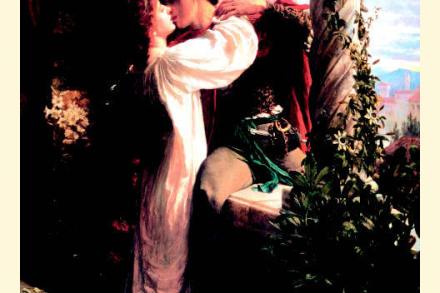For all time
To review some new books about Shakespeare is not to note a revival of interest, but simply to let down a bucket into an undammed river. No one really knows the scale of the secondary bibliography. Published sources on any given topic in Shakespeare studies are innumerable and, as James Shapiro reminds us, so are books devoted to the idea that the works were written by someone else. There are two theories to account for why Shakespeare is still so enormously prevalent in cultural life nearly 400 years after he died. The first is the cynical one, that it suited the British empire, and Anglo-Saxon culture in general, to foist


















